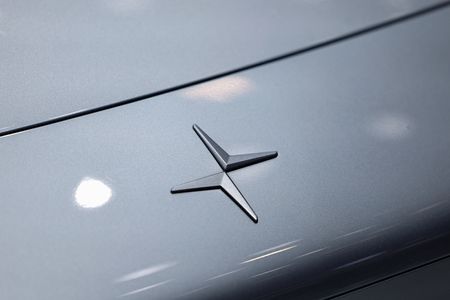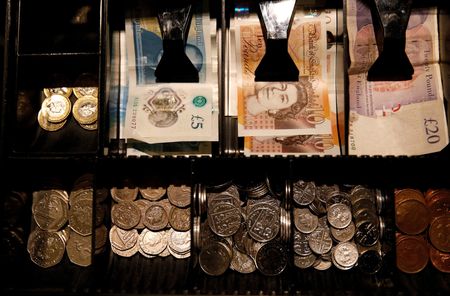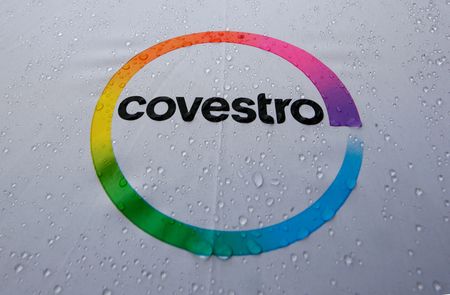STOCKHOLM (Reuters) -Electric vehicle maker Polestar reported a wider loss for the second quarter on Wednesday, after U.S. tariffs and intensifying price pressure led to an impairment charge of its Polestar 3.
The imposition of U.S. trade tariffs on global trading partners has hit the automotive industry hard, with automakers including Polestar scrambling to adjust supply chains and shift manufacturing to mitigate the impact.
Polestar reported a net loss of $1.03 billion for the quarter ended June 30, compared with a loss of $268 million a year earlier.
The company slashed the recoverable value of the Polestar 3 to $25 million, leading to a $739 million impairment charge.
Sweden-based Volvo Cars , which produces the Polestar 3 in its South Carolina factory, also booked a similar impairment charge in the second quarter related to its ES90 and EX90 due to tariffs and launch delays.
Like many other EV startups, Polestar has burned through significant amounts of cash in its push to achieve scale and consistently faced challenges managing its liquidity as well as debt levels.
In the first half of 2025, Polestar said it handed over 177 cars to lenders as collateral for a financial deal.
While a number of startups including Fisker, Lordstown and Arrival have gone under after running out of funds, a few have backers willing to continue funding loss-making operations.
Polestar secured a $200 million equity investment from major shareholder PSD Investment in June.
The company has implemented discounts and offers on its vehicles in Europe to lure wary buyers as the continent faces uncertainty due to trade tensions with the U.S.
However, similar incentives have not worked in the U.S., which saw a 56% fall in second-quarter sales as consumers opted for cheaper hybrid and gasoline-powered vehicles over pricey electric ones.
Polestar’s cash position was $719 million at the end of the second quarter, compared with cash of $732 million in the preceding three months.
(Reporting by Harshita Mary Varghese, Zaheer Kachwala in Bengaluru and Marie Mannes in Stockholm; Editing by Shreya Biswas)











